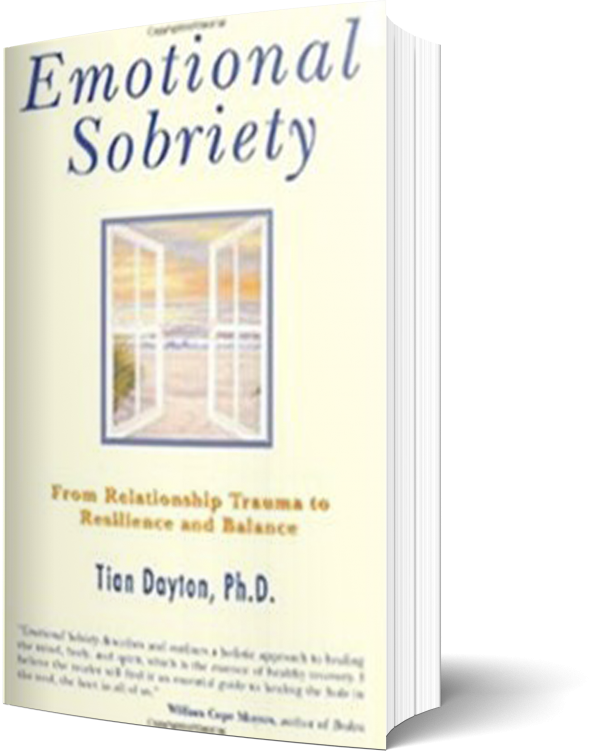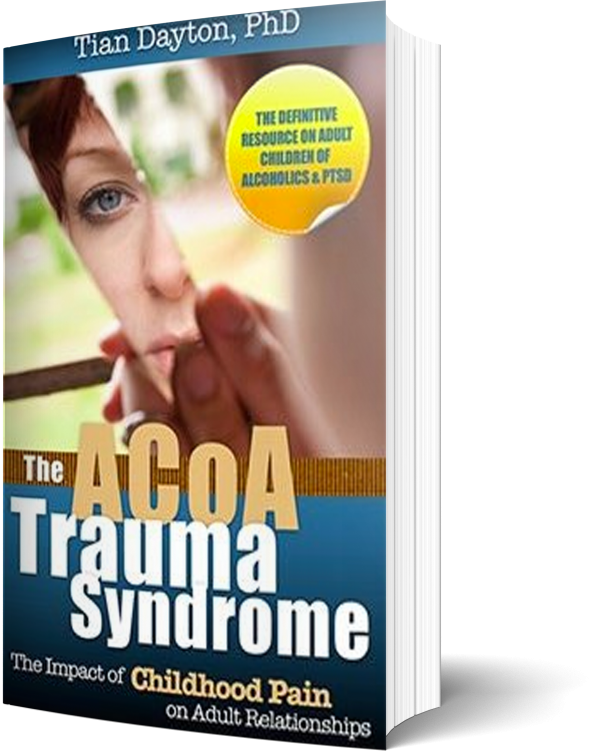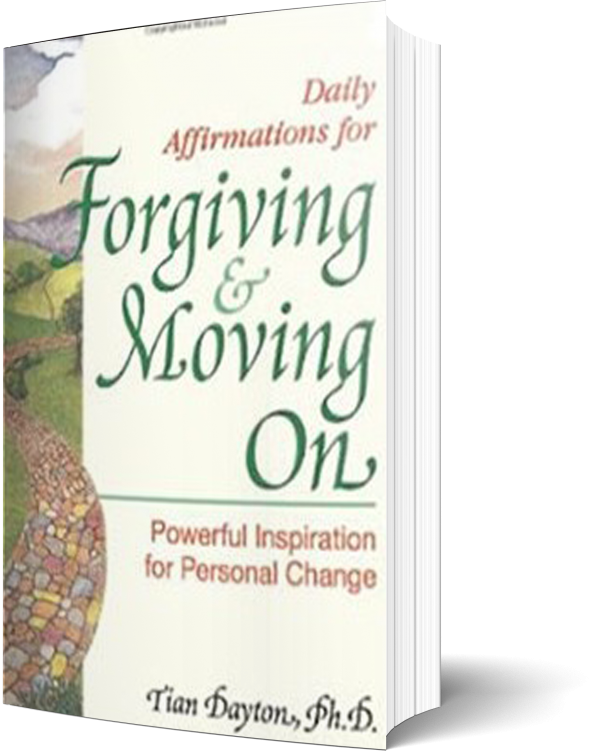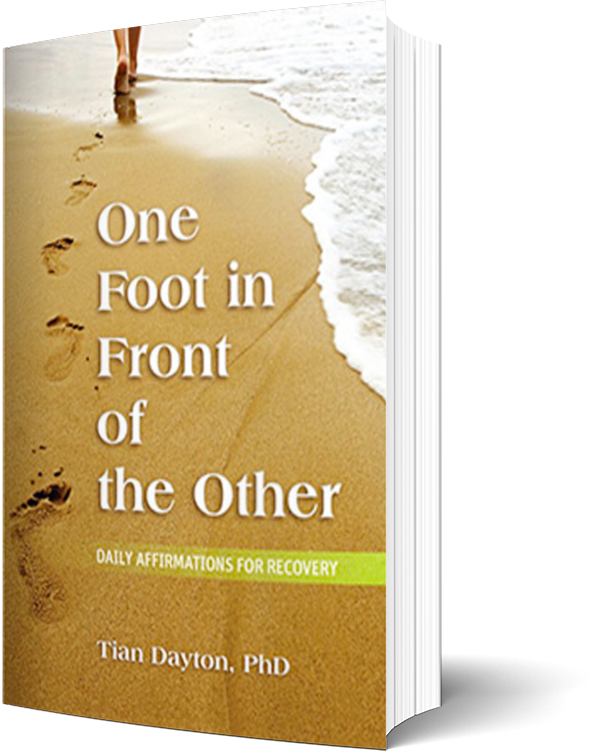Feb. 9-15 is National Children of Alcoholics (COA) Week
When you live with parental addiction, a little kindness, can go a long way. When you are sad, or lonely or feeling unwanted, the smallest gesture from someone who sees you can change the course of your day, it can strengthen you for the week, it can give you something to hang onto that feels good instead of bad.
Kids trapped in alcoholic homes carry burdens through their days that other kids don’t. Forget that nearly 50 percent will grow up to marry alcoholics themselves, children of addicted parents, as the CDC ACE study reports, continue to suffer the long-term mental health consequences of growing up in the midst of of alcoholism or drug addiction. Right now, next door, across the hall or down the block they are at risk for having another really bad day. Today. One that they think they have to figure out and bear all alone.
These are the kids who leave the house without anyone telling them to have a nice day or to be home early; or with the shouts of last night’s or this morning’s rage ringing in their ears. They are the one’s who dragged their parents to bed and tidied up the mess in the living room or read bedtime stories to little sisters or brothers.
They are not necessarily the acting out kids or those heading for obvious trouble. They are just as often the quiet kid who soundlessly leaves the house with their book bags and worries on their backs, having made their own lunch with whatever was in the house. They are the responsible ones who are always reliable, who try not to let anyone down because they know too well how that feels. They are the self-reliant over-functioners, the class presidents, cheerleaders and athletes. They slip through the looking-glass each day, leaving their crazy world behind and putting on a fresh and all too often false face to the world. They keep their heads down and learn not to ask too many questions.
Maybe they’d like to tell someone what their home was really like, but where would they begin? And who wants to hear it anyway? Even they wait for daylight and routine to pull them into another, saner world where they don’t have to think about it for a while.
So often we think the problem is too big to tackle or too far away to find. But one in four kids in the Unites States is being affected by parental addiction right now. That means it isn’t far away at all. It’s in your family, your neighborhood, your own kid’s friendship group, your church, synagogue or temple. It’s right next door.
Another mistake we make is to think that if we can’t help this young person to fix their family or if we can’t help them to get their parent to stop drinking or using, that there is nothing we can do.
But for a child who lives with chaos, neglect or the abuse of addiction, knowing that there is a home that they can visit for a while with their friend after school can give them a felt sense of normal and a clear image of what it looks like. You don’t ever need to have a deep conversation about addiction with a COA. Just offer them the same snack you’re giving your kid, the same friendly hello, the same peaceful space to play in or do homework in or just flop in front to the TV. Trust me, what may seem like nothing to you may seem like everything to them.
I grew up with addiction and it wasn’t joining Alateen that pulled me through and gave me a solid sense of myself. I couldn’t even make use of Alateen, it was too much for me, even though Al-Anon became a mainstay once I became an adult. What helped me was church camp, the Sunday choir, getting an after school job and having adults in my life who were just nice to me. Places I could just go to get away from the chaos. Families that incorporated me, even for an afternoon, an evening or an overnight into the kinds of easy routines that they took for granted, are families I will never forget. They gave me a window into the peace that was lost to me in those years so that eventually, I could find it again.
I cannot write enough thank you notes as an adult to cover those kind people who just let me tag along with them so I could feel normal for a while. I don’t recall any big conversations, I wouldn’t have known what to do with them anyway. I just wanted to feel like one of them, accepted and liked, like I belonged. I just wanted a place to be and sane and ordinary people to be sane and ordinary with.
One of the things that helps kids develop resilience is having people, places, hobbies etc that act as buffers against the intensity and insanity of living with addiction. Homes where they feel welcome are a wonderful source of strength for COAs. Having spent the last 30 years treating this population, I see first hand how much better off the COAs with grandparents who loved them and provided a safe and supportive get away are than those who didn’t have this resource. I hear the touching memories of adults recalling aunts, uncles, neighbors, cooks or housekeepers to whom they went to for a snack and solace. Those are the kids who kept their sense of goodness and normal in tact.
The more connected you are to a child’s life, the more you can have an impact. Faith institutions, families and neighbors can make a huge difference for these kids. So can you. So this week, stand still and look around you. You will have someone in your close world who could use a little extra something. What that something is, is up to you. But this week don’t underestimate how much that something can mean to someone who is feeling vulnerable and alone. This week share a little of your sane world, your easy manner or your safe space with that kid. You probably already know who they are.
For more information click nacoa.org.





